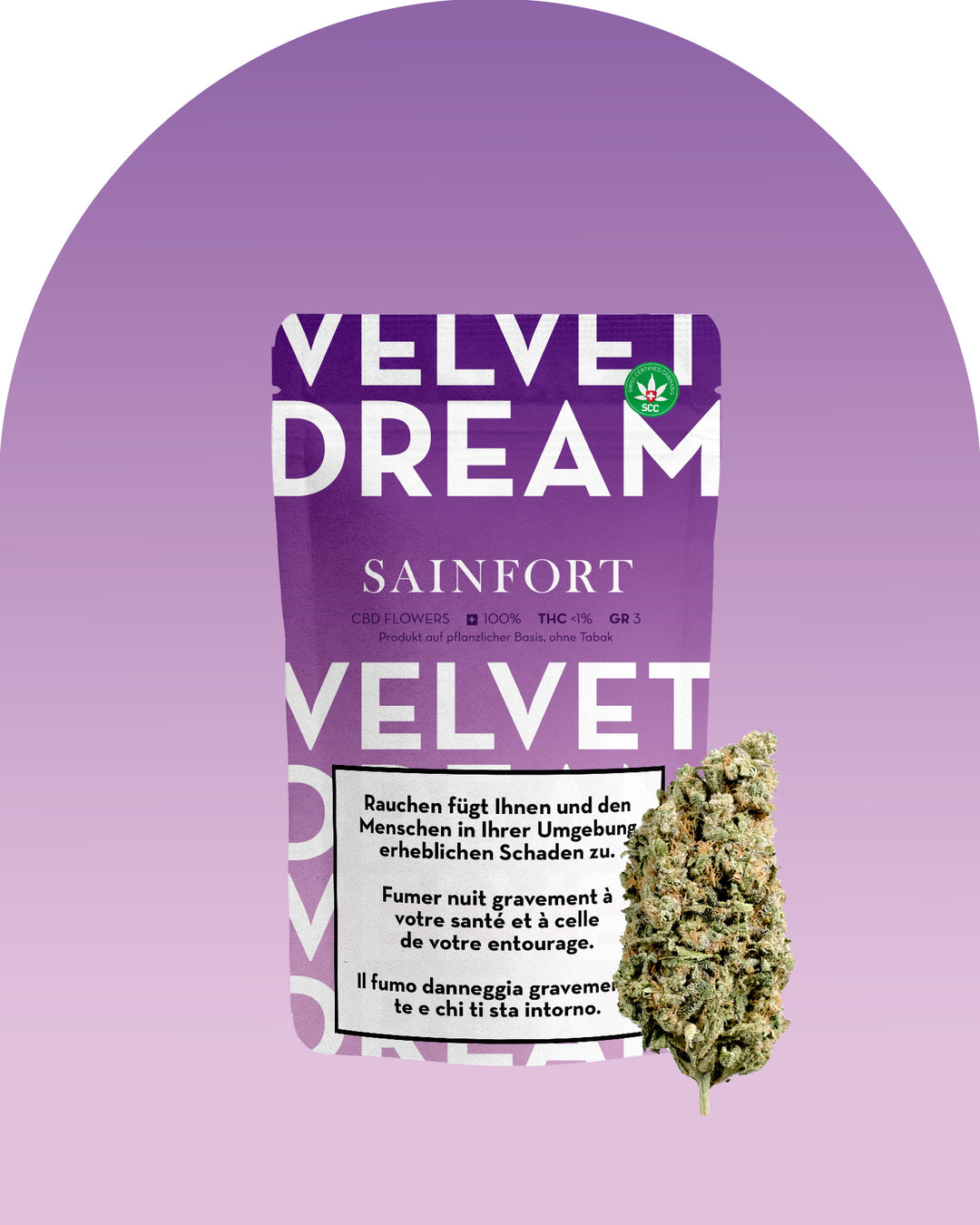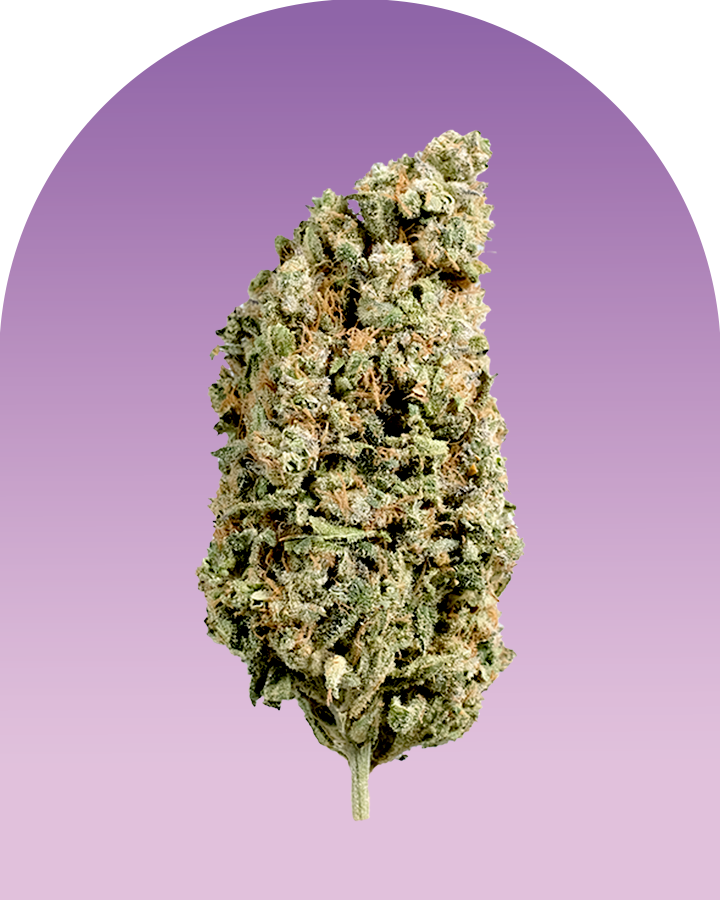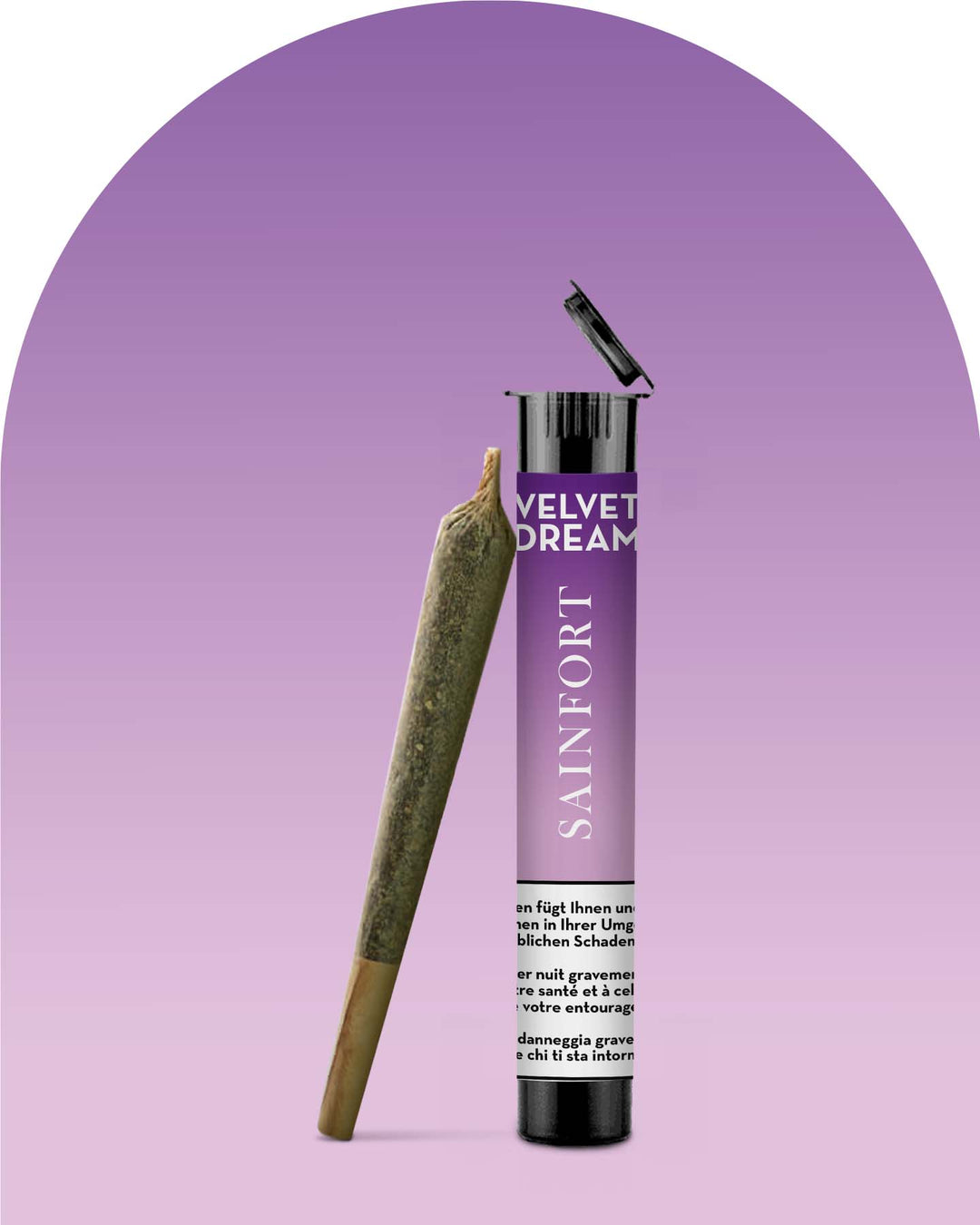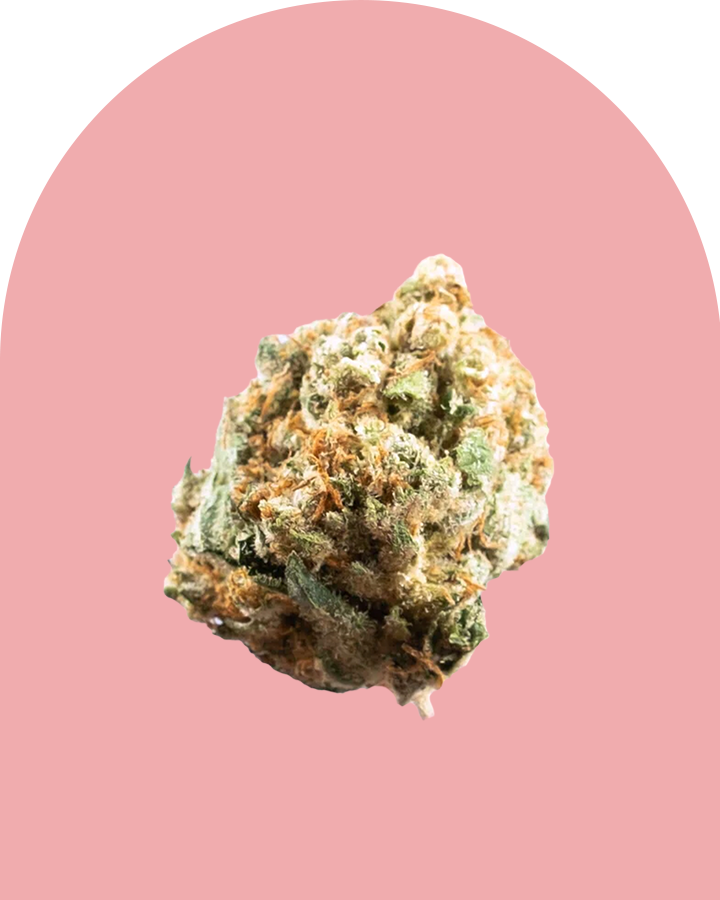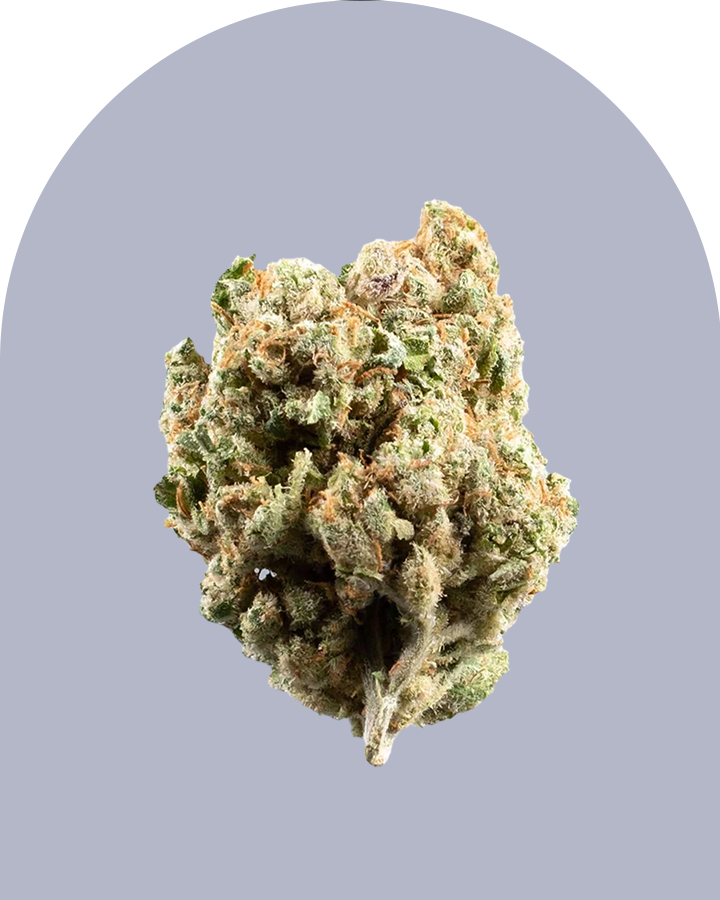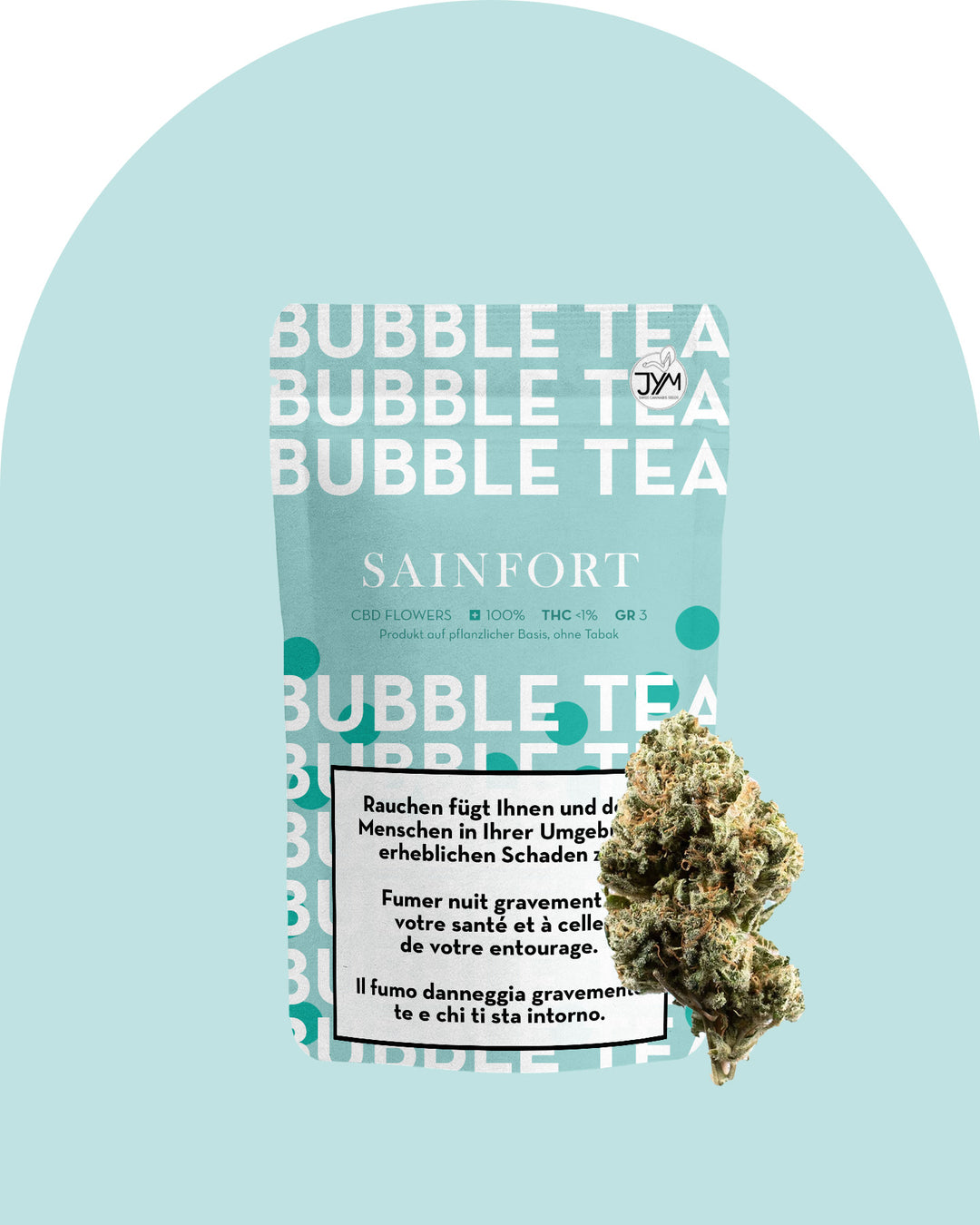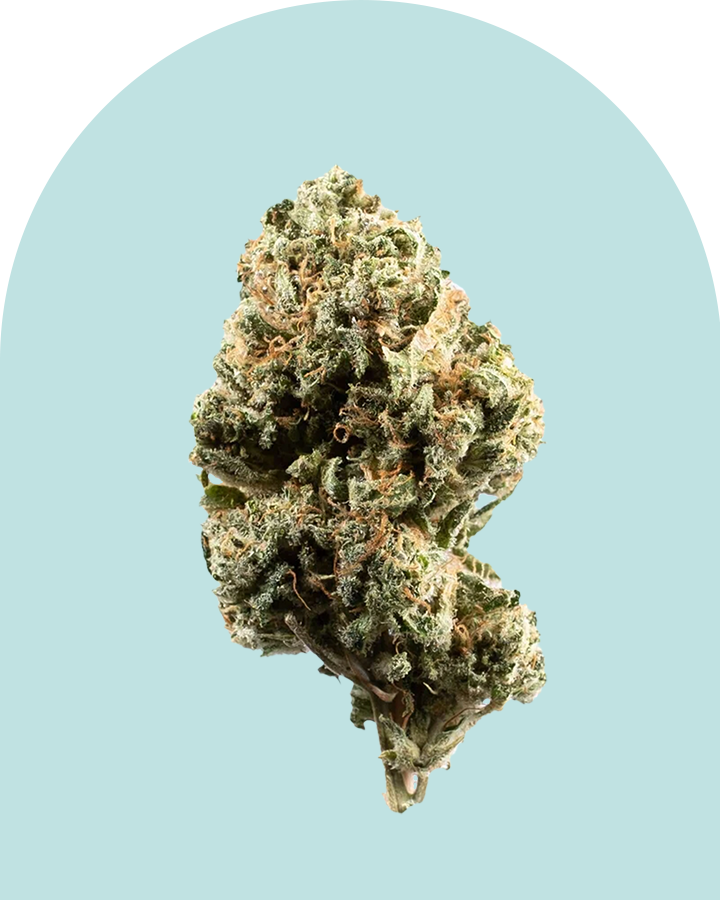CBD for depression - a promising alternative for emotional stress

CBD, also known as cannabidiol, comes from chemical compounds found in the female hemp plant. In recent years, it has attracted increasing attention as an alternative treatment method for a variety of health problems. One possible application of CBD is for depression, a widespread mental illness that has a significant impact on the lives of those affected. To find out in which form CBD can be a promising healing method against depression, you will get the most important information and knowledge from well-founded research results here.
CBD creates positive changes on the endocannabinoid system
The endocannabinoid system (ECS) is a biological system in the human body made up of cannabinoid receptors, endocannabinoids, and enzymes. It plays an important role in regulating many bodily functions, including mood, sleep, appetite, pain perception and immune function. The two cannabinoid receptors in the ECS are CB1 and CB2, respectively. CB1 receptors are mainly located in the brain and nervous system, and CB2 receptors run on immune cells and some other body tissues.
CBD interacts with this system by inhibiting the action of enzymes that break down endocannabinoids. This can lead to increased availability of endocannabinoids in the body, which in turn can contribute to better regulation of mood and other bodily functions. An imbalance in the ECS is thought to be linked to various health problems, including depression and anxiety. By interacting with this system, CBD can help balance this imbalance and thus help improve symptoms.
A study by The Permanente Journal tested 72 subjects who suffered from mood swings, anxiety and sleep problems. After taking CBD, their levels improved significantly. Conditions were reduced within a month and remained mild throughout the three-month study period [1].
Serotonin synthesis affects brain and patients with epilepsy
Theories suggest that CBD can affect serotonin synthesis in the brain. Serotonin is a neurotransmitter responsible for regulating mood like sleep or appetite and other bodily functions. It is therefore suspected that low levels of serotonin in the brain can be associated with depression. Taking CBD is said to reduce inflammatory responses in the brain associated with depression and other mental disorders.
Patients with epilepsy often suffer from such side effects and thus more depression. In the test on male mice, conclusions were able to note a positive effect. Here, CBD was administered at intervals of 30 minutes. In conjunction with 2 milligrams of THC, these effects were observed when using 30 and 120 milligrams of CBD. A combination of CBD and THC has therefore been proven to be effective in tested subjects. These could possibly also be helpful in dealing with depression in patients with epilepsy [2].
CBD rarely publicly acknowledged for depression
A study by PubMed showed that further research and educational methods are needed in the field of the effectiveness of CBD in depression.
A survey looked at people between the ages of 16 and 69 who were using CBD to self-treat depression. The results were statistically evaluated using a social-demographic questionnaire and an anxiety and depression scale. Most of the participants had high school diplomas, lived in big cities and had full-time jobs. About 19 percent of all respondents contact their doctor or pharmacist about taking the product. In the case of psychiatric patients, only 49 percent of the subjects told their doctor about the intake. It is therefore clear what need there is for education and research regarding the effectiveness and safety of CBD in mental disorders [3].
Cannabidiol as a possible guarantee of success for psychosomatic diseases
Overall, there is a growing number of studies that indicate a positive influence of CBD on depression. Most evidence indicates that CBD exhibits anti-inflammatory and neuroprotective effects that may help alleviate the symptoms of depression. Other studies suggest that CBD has an impact on the endocannabinoid system and brain activity, which could also have a positive effect on healing depression.
It's important to emphasize that CBD alone is not a complete treatment for depression and you should generally use it as an adjunct to other treatments. While CBD is considered safe, you should always consult your doctor before taking CBD products to make sure there are no drug interactions. In addition, you can rely on trustworthy sources that are already providing initial successes. A possible guarantee of success for the future of alternative medicine.
Sources : National Library of Medicine: Cannabidiol: A Potential New Alternative for the Treatment of Anxiety, Depression, and Psychotic Disorders https://www.ncbi.nlm.nih.gov/pmc/articles/PMC7699613/
CBD Vital Magazine: https://www.cbd-vital.de/magazin/cbd-allgemein/cbd-studien-forschung
Studies & Research
- Cannabidiol in Anxiety and Sleep: A Large Case Series
https://pubmed.ncbi.nlm.nih.gov/30624194/
- The effects of CBD and THC in an animal model of depression - Further data from the FST
https://www.sciencedirect.com/science/article/abs/pii/S1388245721005137
- Cannabidiol (CBD) in the Self-Treatment of Depression-Exploratory Study and a New Phenomenon of Concern for Psychiatrists
https://pubmed.ncbi.nlm.nih.gov/35392393/




